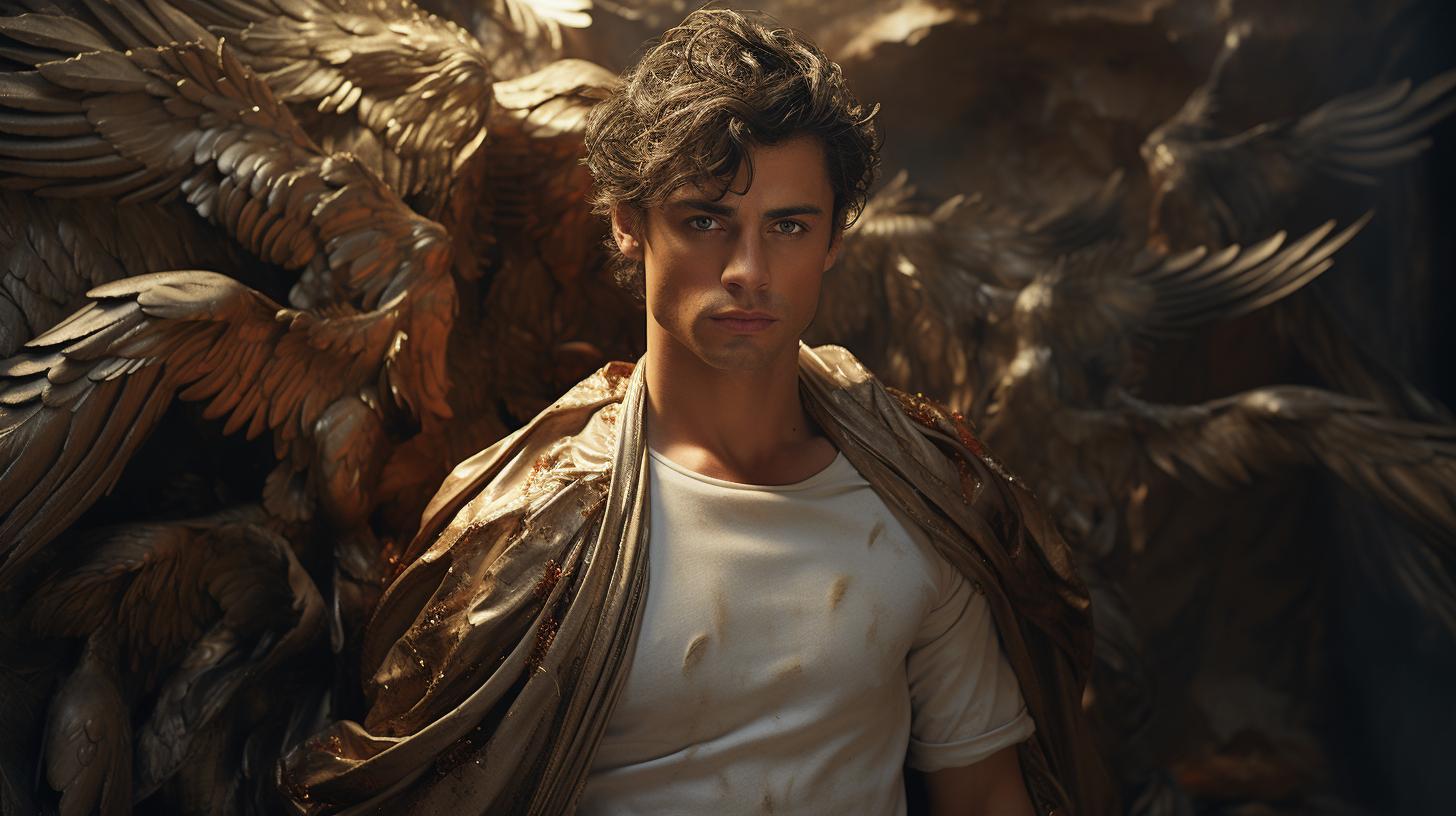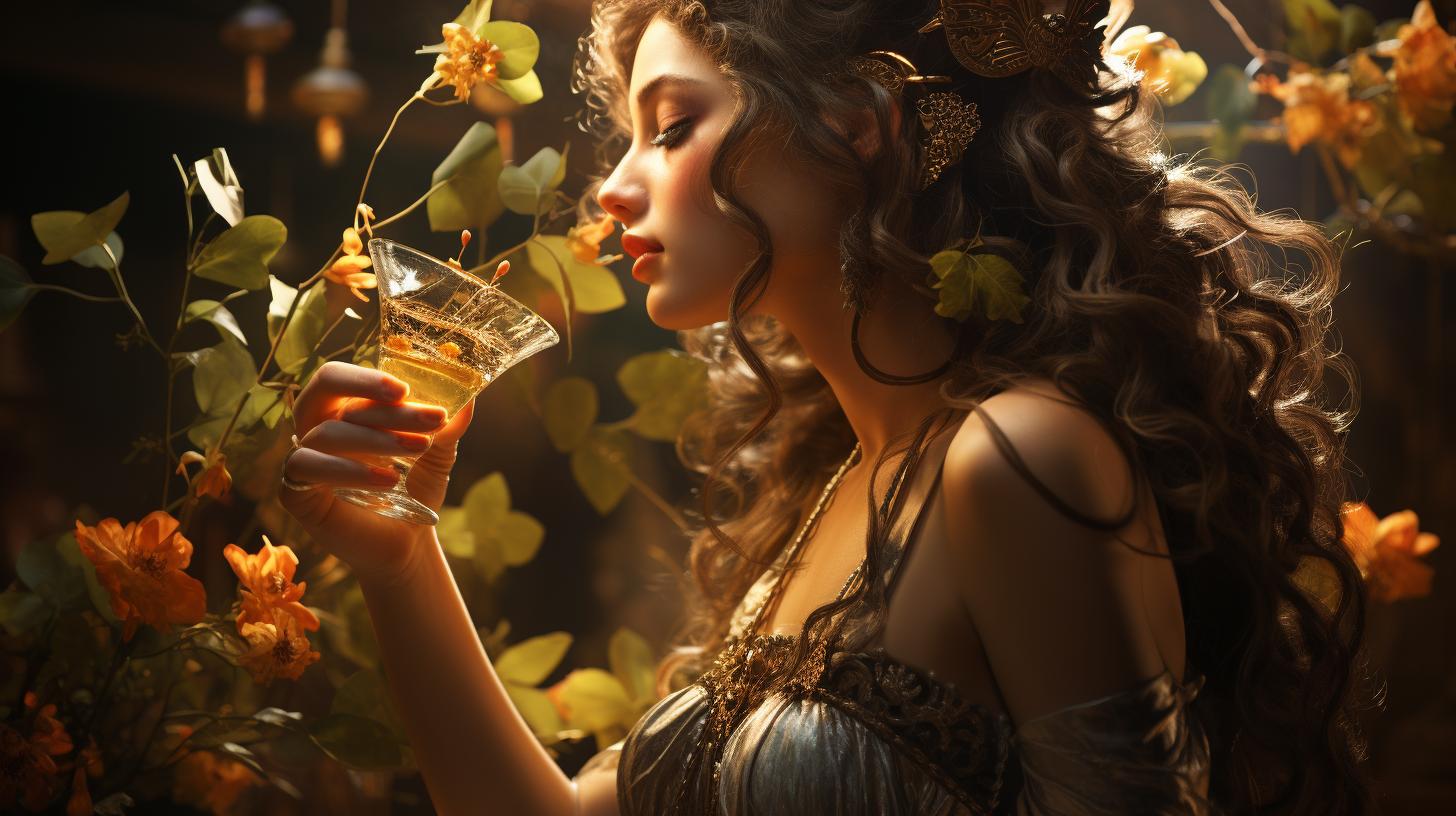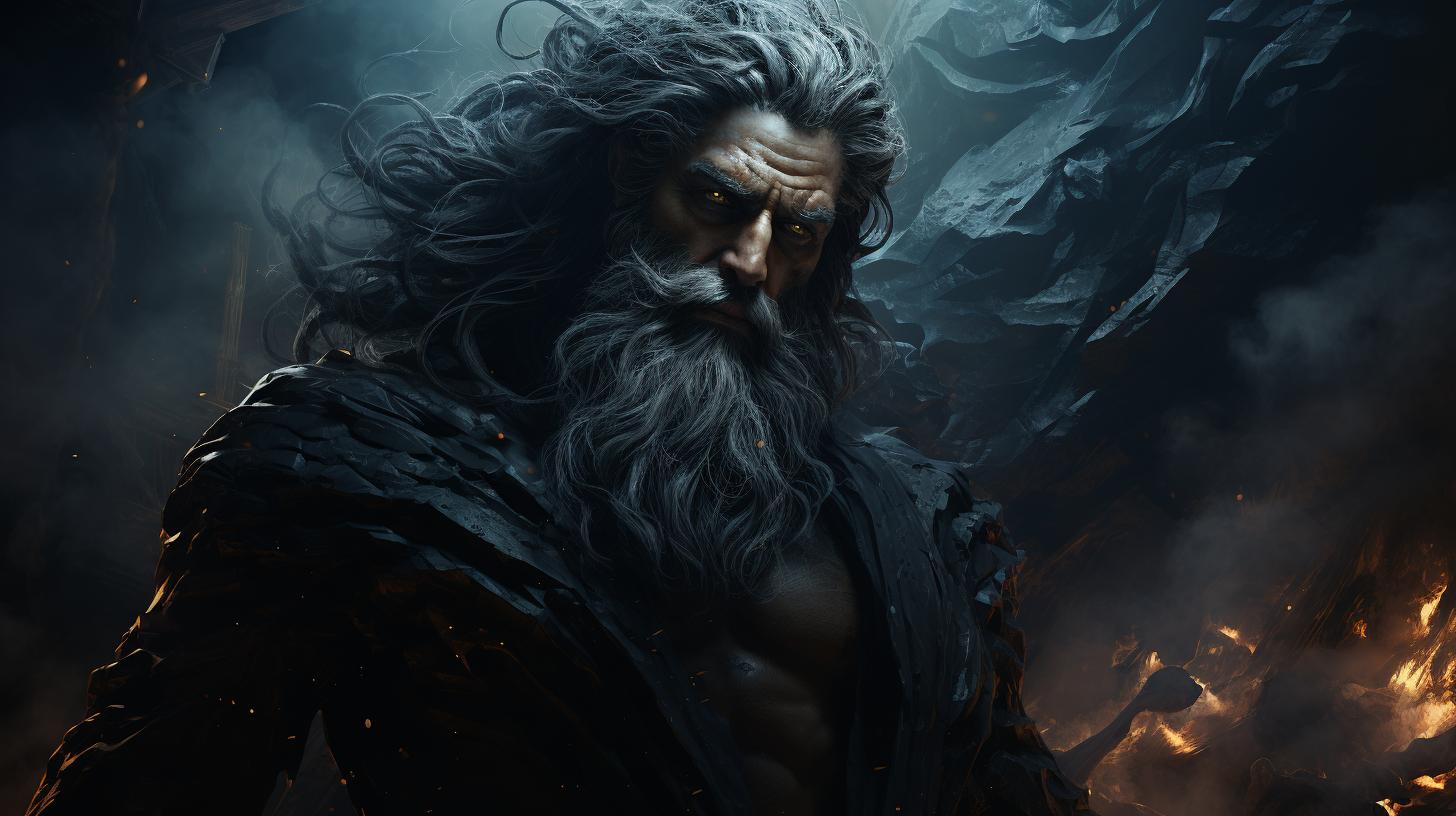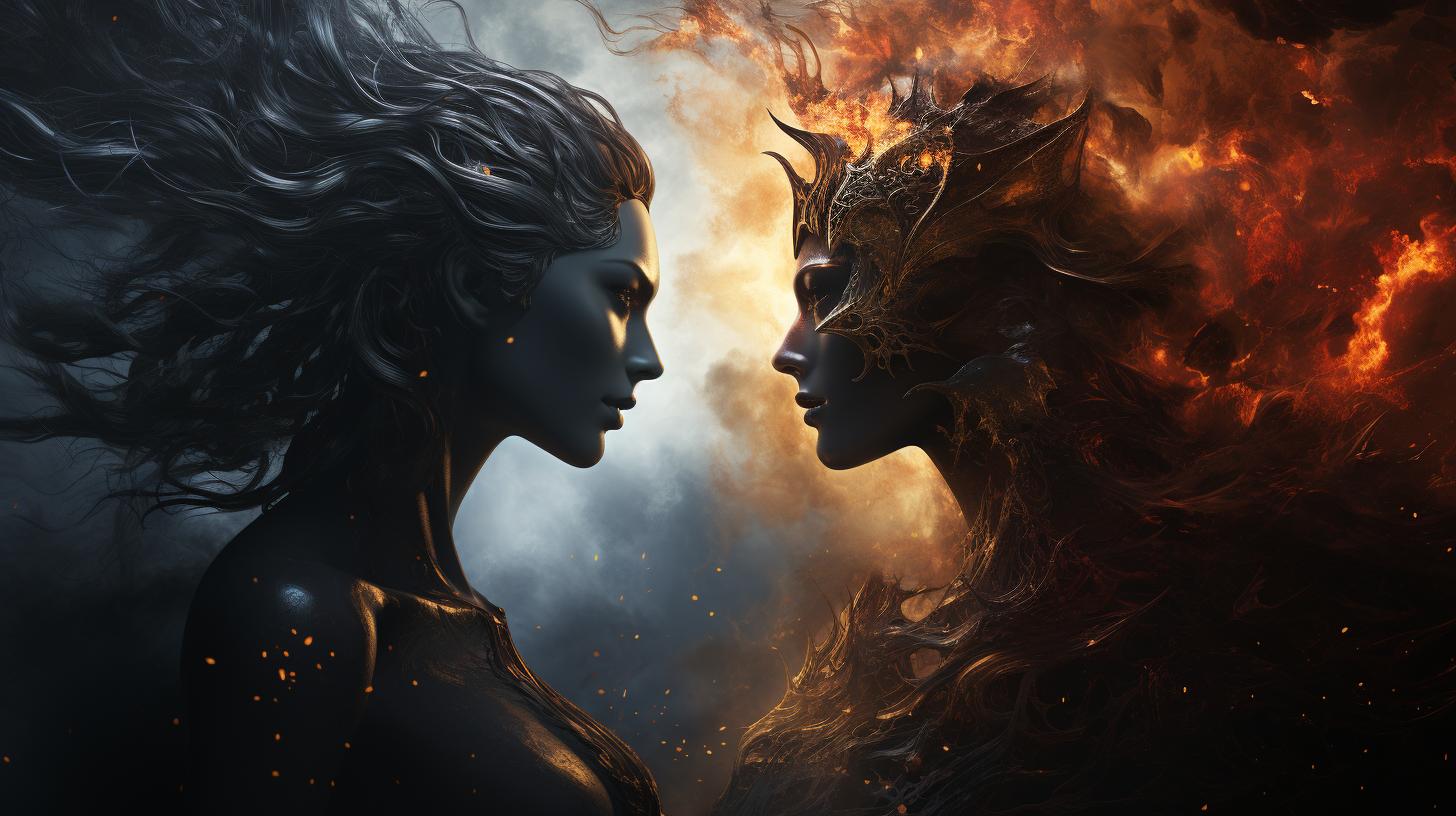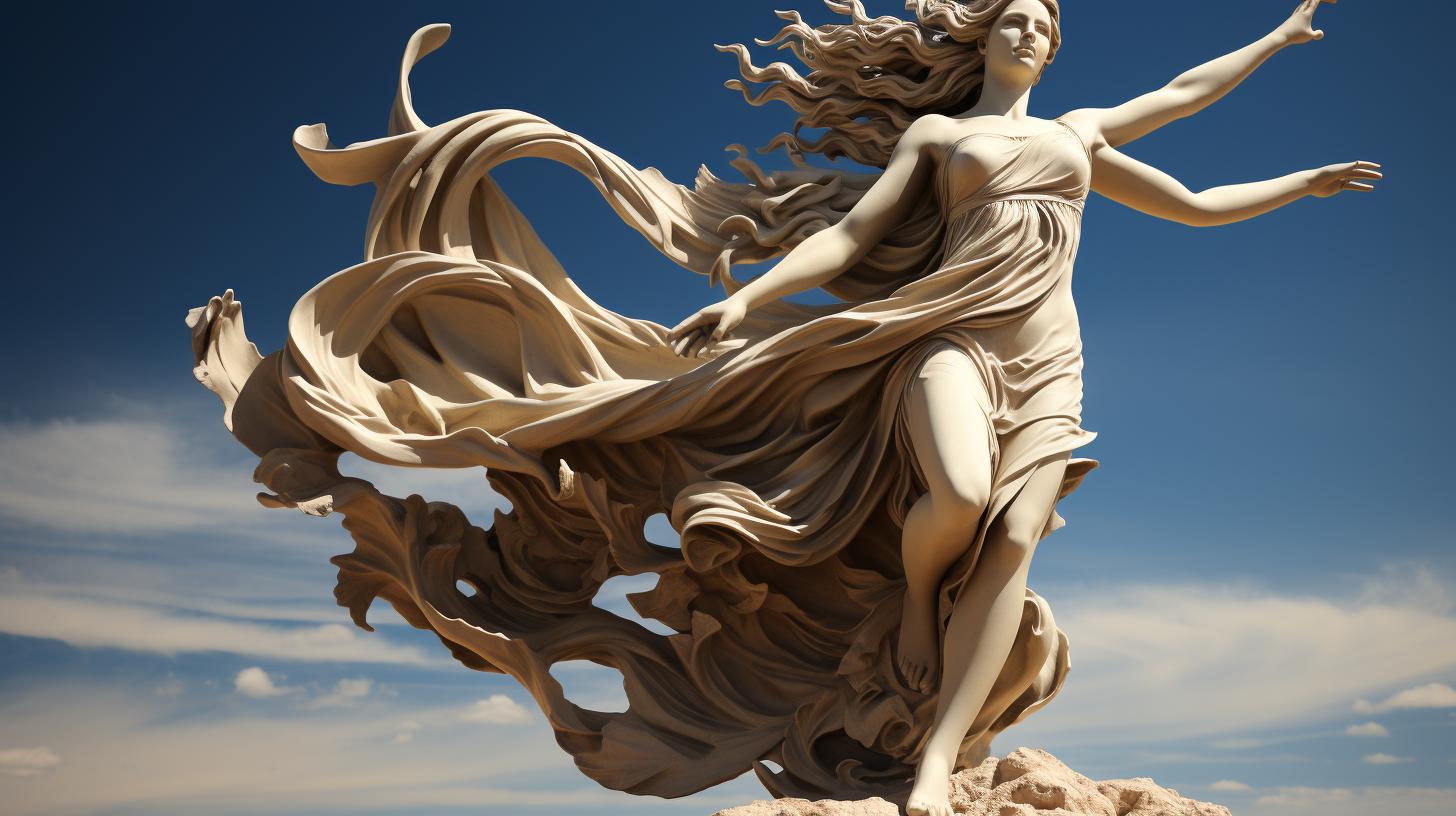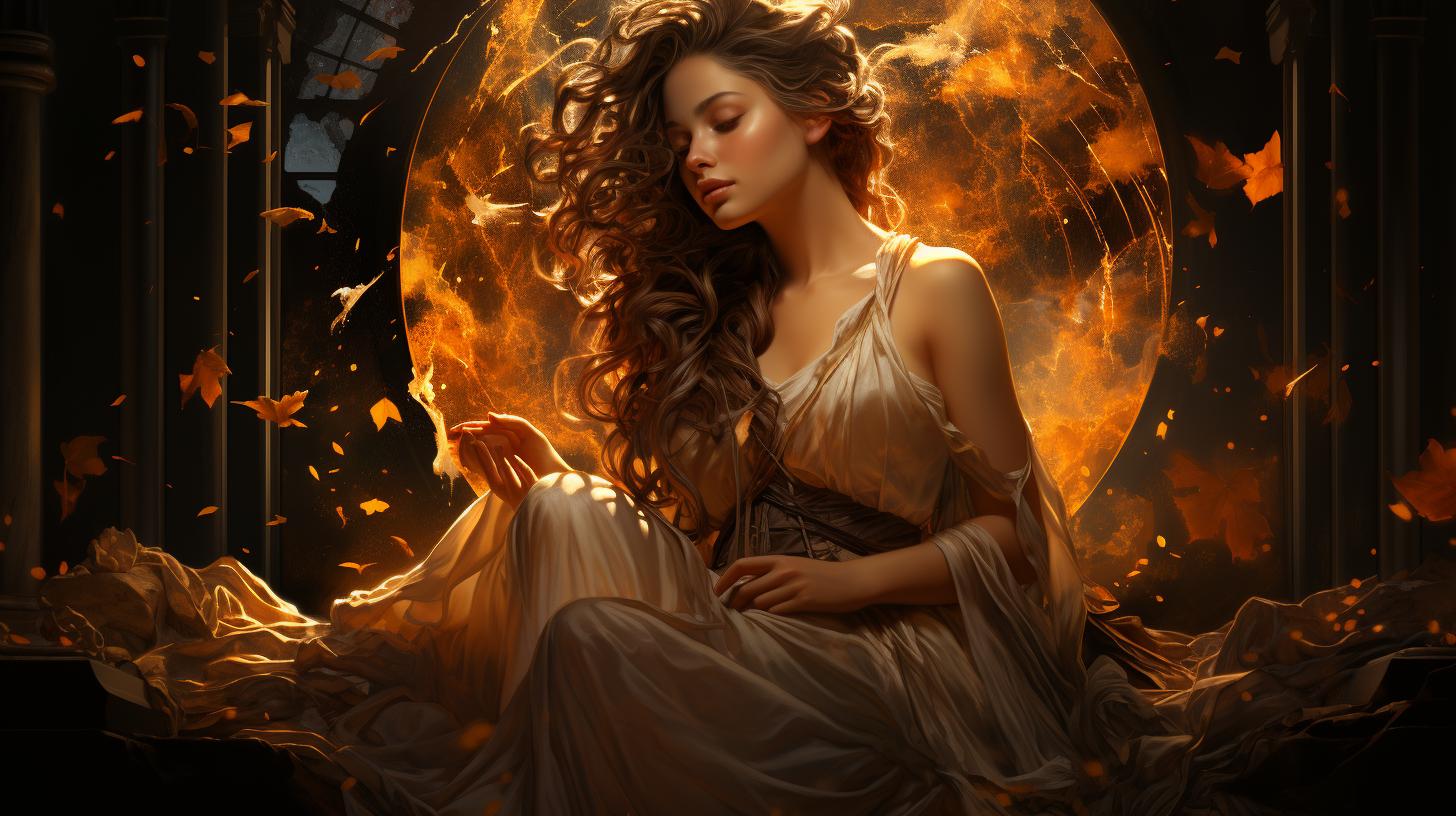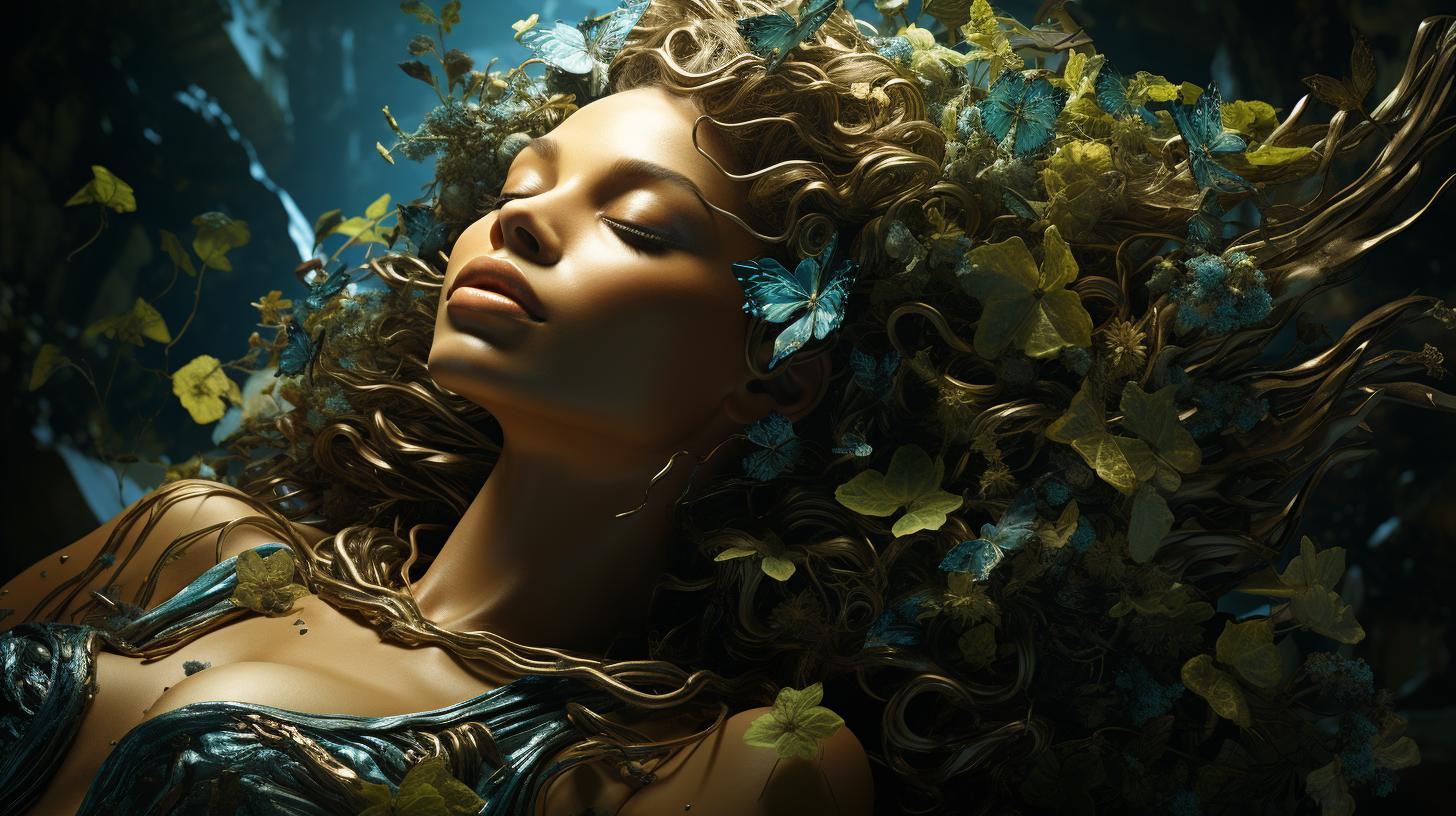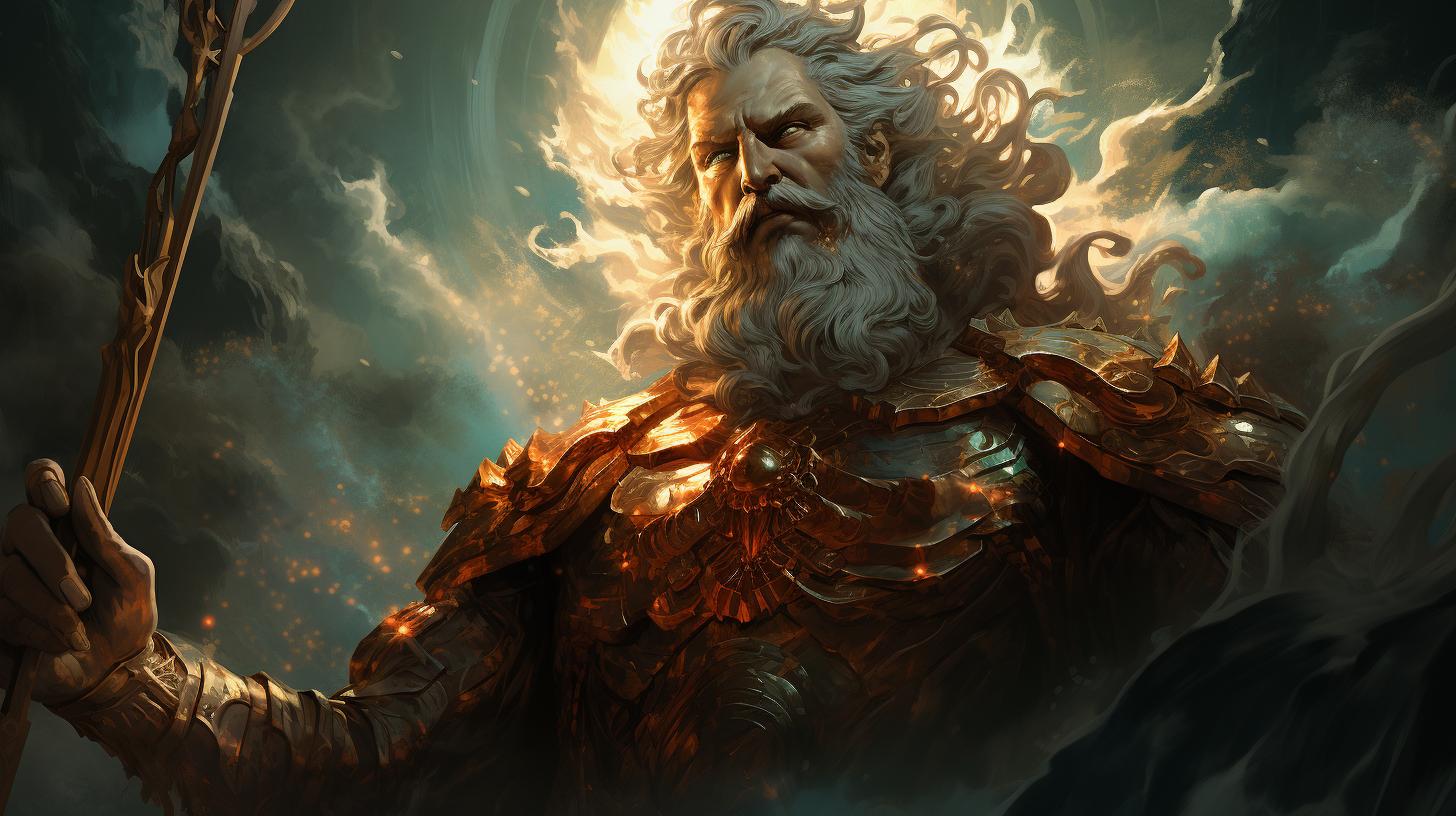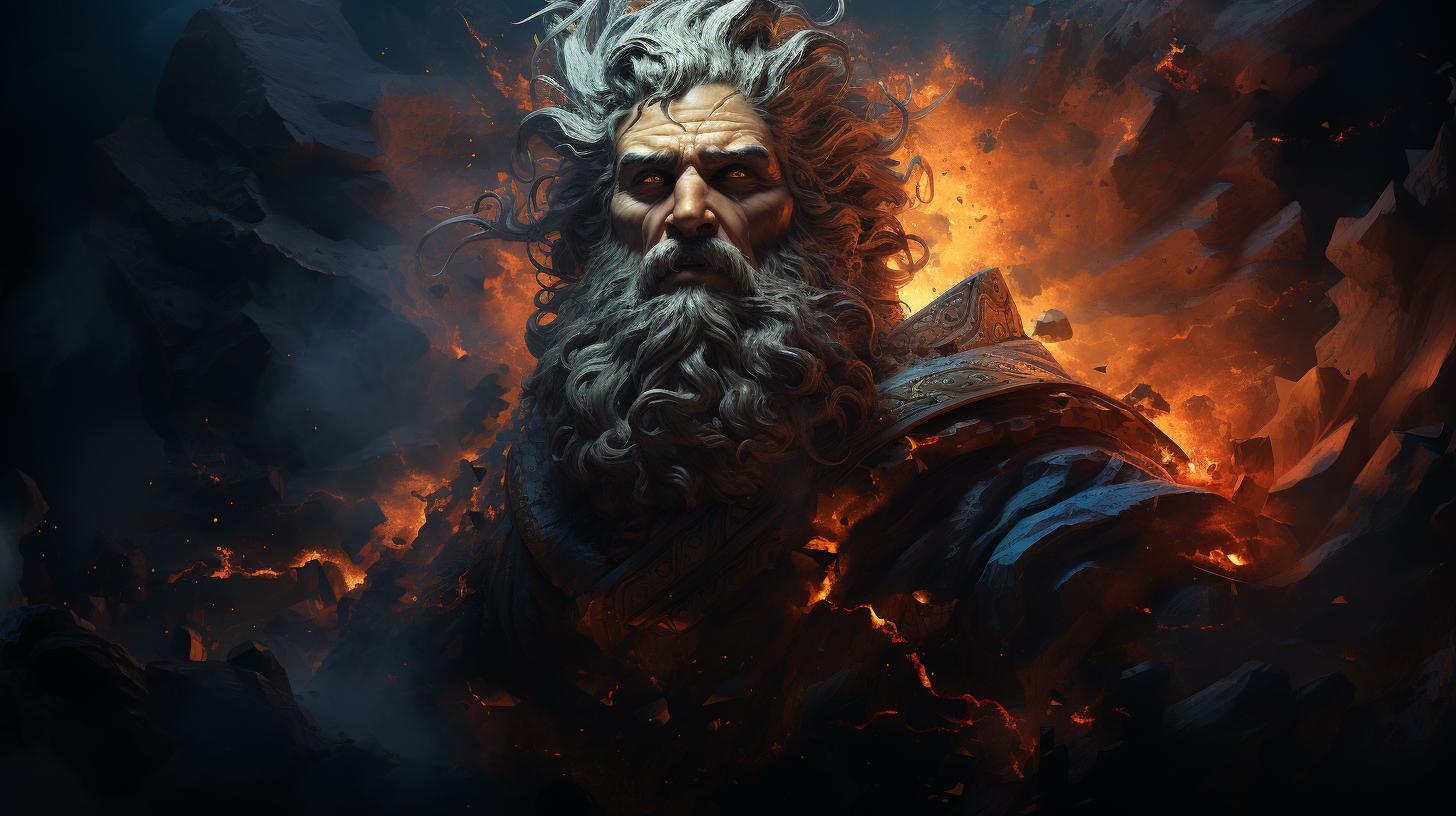Eros: The Greek God of Love and Beauty Unveiled
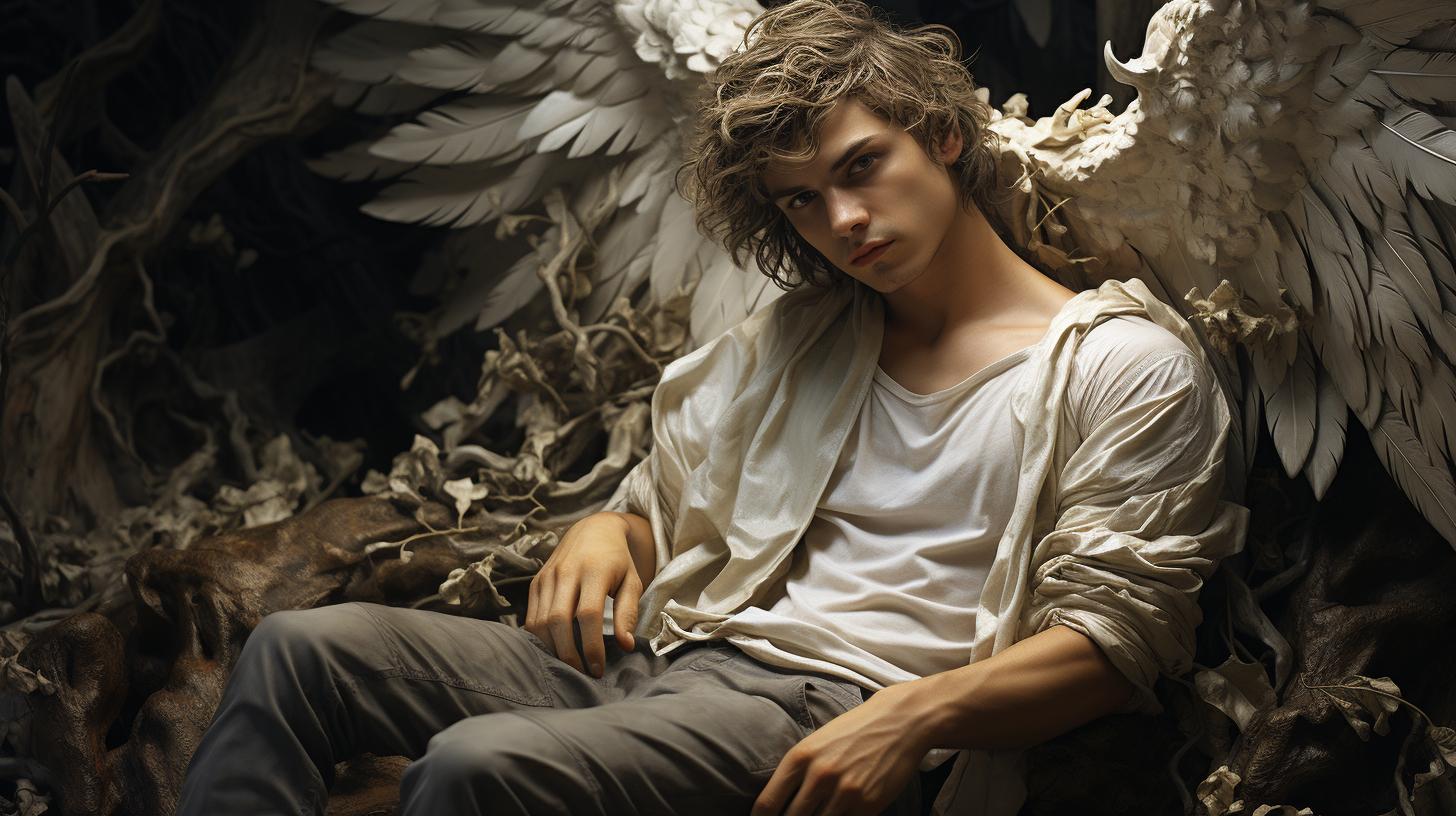

Eros, the Greek god of love and beauty, holds a significant place in Greek mythology. Believed to be of ancient origin, Eros symbolizes desire in ancient Greek. He is renowned as the deity of love and sexuality, often depicted as a handsome youth or mischievous child with wings, armed with a bow and arrows, capable of stirring both mortals and immortal gods under the influence of Aphrodite. Eros’s representation in art influenced the imagery of Cupid and became synonymous with Valentine’s Day.
Additionally, Eros is associated with fertility and is connected to other gods and goddesses in Greek and Roman mythologies.
Eros in Greek Mythology
Eros, the enigmatic Greek god of love and beauty, holds a prominent place in the rich tapestry of Greek mythology. This section delves into various aspects of Eros, exploring his origins, divine status, and his association with the concept of desire.
Origin and Meaning of Eros
Eros, derived from the Greek word for “desire,” represents an abstract force that embodies the essence of love and longing. While the exact origins of Eros remain shrouded in mystery, his name signifies his fundamental role in shaping human emotions and relationships.
Eros as a Primordial God
In the early descriptions of Greek mythology, Eros occupied a position as one of the primordial deities. Revered as an ancient and powerful force, he personified the primal energy that fuels love and attraction, transcending the confines of mortal existence.
Eros as the Son of Aphrodite and Ares
Later interpretations of Greek mythology attributed Eros as the son of Aphrodite, the goddess of love, and Ares, the god of war. This lineage highlights the interconnectedness of love and passion, forged through the divine union of these influential deities.
Eros and the Erotes: Winged Gods of Love
Eros, together with a group of winged gods known as the Erotes, forms a celestial ensemble dedicated to the domain of love. These mischievous beings, often portrayed as young, winged figures, assist Eros in his role as a catalyst for romantic love and desire.
Representation of Eros in Art
Eros, the Greek god of love and beauty, has been depicted in various ways throughout art history. These representations capture different aspects of his character and symbolism, showcasing his influence on the visual arts.
Depictions as a Handsome Youth
Eros is often portrayed as a handsome youth, exuding grace and charm. Artists portrayed him with well-defined features, youthful vigor, and a captivating allure. This portrayal accentuates his role as a deity associated with love and desire.
Depictions as a Mischievous Child
In some artistic representations, Eros is depicted as a mischievous child, capturing his playful and sometimes unpredictable nature. This portrayal emphasizes his youthful innocence and the transformative power of love, as he often appears mischievous while bringing people together.
Influence on the Iconography of Cupid
The imagery of Eros has had a profound influence on the representation of Cupid in art. In Roman mythology, Cupid is identified as the equivalent of Eros. Artists drew inspiration from Eros’s depictions, and this influence endured throughout different artistic periods, including the medieval and Renaissance eras.
The iconic image of Cupid as a young, cherubic figure with wings and a bow originates from Eros’s representation.
Eros as a Symbol of Valentine’s Day
Eros’s association with love and romance led to his becoming a symbol of Valentine’s Day. The celebration of love and affection on this special day is often represented with images of Cupid, drawing on Eros’s legacy as the god of love.
His representation as a winged figure, armed with a bow and arrows, symbolizes the power of love to strike the hearts of individuals.
Eros and his Powers
Eros, as the Greek god of love and sexuality, wields immense power over the hearts and desires of mortals and immortals alike. His influence extends beyond mere physical attraction, encompassing the realms of love, romance, and passion.
Let us delve into the different facets of Eros’s powers and their significance in Greek mythology.
Eros as the God of Love and Sexuality
At the core of Eros’s domain lies his role as the god of love and sexuality. He presides over the overwhelming emotions that bind individuals together in intimate relationships. Eros’s power is not limited to erotic love but encompasses various forms of affection, including deep emotional connections and spiritual unions.
He is the embodiment of the powerful forces that drive human hearts to desire and seek companionship.
Eros as a Catalyst for Love under Aphrodite’s Influence
Eros is often portrayed as a companion and servant of Aphrodite, the goddess of love and beauty. Under Aphrodite’s influence, Eros wields his bow and arrows to inspire and ignite the flames of love.
His aim is true, making even gods and mortals succumb to the alluring power of passion and attraction. Eros, armed with his potent weapons, acts as a catalyst for the blossoming of love and infuses it with intensity and unbridled desire.
Connections to Fertility and Family
Beyond his role in sparking romantic love, Eros is also associated with fertility and family. As a divine being, he contributes to the continuation of life, both in the physical and metaphorical sense.
Eros’s influence extends to the realm of procreation, ensuring the perpetuation of generations and the flourishing of human existence. Moreover, he shares familial ties with other gods, such as his brother Anteros, who represents mutual love, further emphasizing the importance of connection and kinship.
Famous Story: Eros and Psyche
Among the many tales surrounding Eros, one of the most renowned is the story of his encounter and subsequent love for his wife, Psyche. This captivating narrative showcases Eros’s ability to overcome obstacles in the name of true love.
Psyche’s unwavering devotion and her trials to prove her loyalty to Eros exemplify the power of love to conquer adversity and triumph over challenges.
In conclusion, Eros is a formidable figure in Greek mythology, possessing immense power as the god of love and sexuality. He serves as a catalyst for love, igniting desire and inspiring intense emotional connections.
Eros’s influence extends to the realms of fertility and family, reinforcing the significance of bonds and kinship. His story with Psyche exemplifies the enduring power of love in overcoming obstacles and adversity.
Eros in Greek and Roman Pantheon
Eros, the Greek god of love and beauty, holds a significant place in both Greek and Roman mythology. His presence in these pantheons showcases the influence he had in both cultures.
In this section, we will explore the various aspects of Eros’ role and representation within the Greek and Roman pantheon.
Eros in Greek Mythology
In Greek mythology, Eros was revered as the god of love and desire. He played an essential role in depicting the emotional and sensual aspects of affection. Known for his mischievous nature, Eros was often depicted as a young winged boy carrying a bow and arrows.
These arrows had the power to incite feelings of love and desire in both mortals and gods alike.
Eros and his Roman Equivalent, Cupid
The Romans identified Eros with their own god of love, Cupid. While similar in their roles and attributes, there were slight variations in how they were portrayed. Cupid was sometimes depicted as a more cherubic figure, emphasizing his association with innocent love and desire.
Nevertheless, the core essence of both Eros and Cupid remained intertwined as gods who influenced matters of the heart.
Relationships with Other Gods and Goddesses
Eros had familial ties with other gods and goddesses within the Greek pantheon. As the son of Aphrodite, the goddess of love, and Ares, the god of war, Eros’s lineage intertwined love and passion with power and conflict.
Additionally, Eros had a brother named Anteros, representing mutual love and affection.
Eros’ Influence in Ancient Greek Culture
The influence of Eros extended beyond mythology and played a significant role in ancient Greek culture. His depiction in art and literature served as a symbol of beauty, desire, and love.
Artists often portrayed Eros in a range of forms, from a handsome youth to a playful child with wings, showcasing the diversity of his representation throughout history.
Eros’ association with love and romance left a lasting impact on Greek society, exemplified by the celebration of Valentine’s Day. His symbolism became ingrained in cultural practices and rituals surrounding matters of the heart, emphasizing the importance of love and passion in human connections.
In conclusion, Eros’ presence in the Greek and Roman pantheon as the god of love and beauty reflected the intrinsic human desire for connection, romance, and affection. His depiction in art, his relationships with other gods, and his lasting influence in ancient Greek culture showcase the significance of Eros as a deity embodying the essence of love and desire.
.
